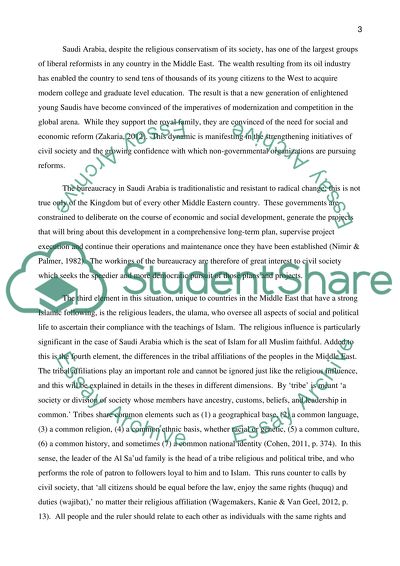Cite this document
(“Civil Society and Religious Figures in Saudi Arabia Dissertation”, n.d.)
Civil Society and Religious Figures in Saudi Arabia Dissertation. Retrieved from https://studentshare.org/sociology/1403452-civil-society-and-religious-figures-in-saudi
Civil Society and Religious Figures in Saudi Arabia Dissertation. Retrieved from https://studentshare.org/sociology/1403452-civil-society-and-religious-figures-in-saudi
(Civil Society and Religious Figures in Saudi Arabia Dissertation)
Civil Society and Religious Figures in Saudi Arabia Dissertation. https://studentshare.org/sociology/1403452-civil-society-and-religious-figures-in-saudi.
Civil Society and Religious Figures in Saudi Arabia Dissertation. https://studentshare.org/sociology/1403452-civil-society-and-religious-figures-in-saudi.
“Civil Society and Religious Figures in Saudi Arabia Dissertation”, n.d. https://studentshare.org/sociology/1403452-civil-society-and-religious-figures-in-saudi.


